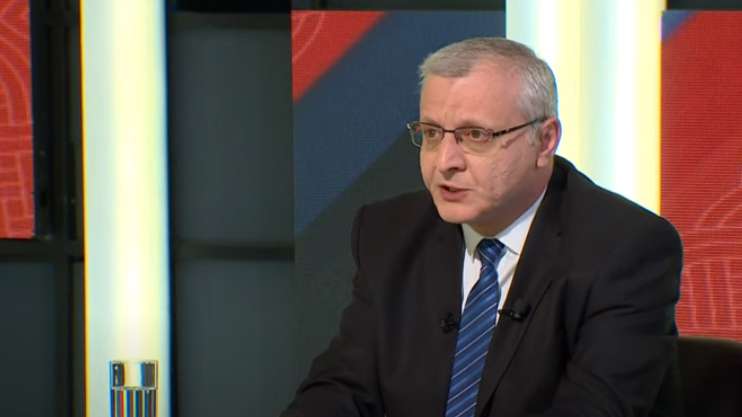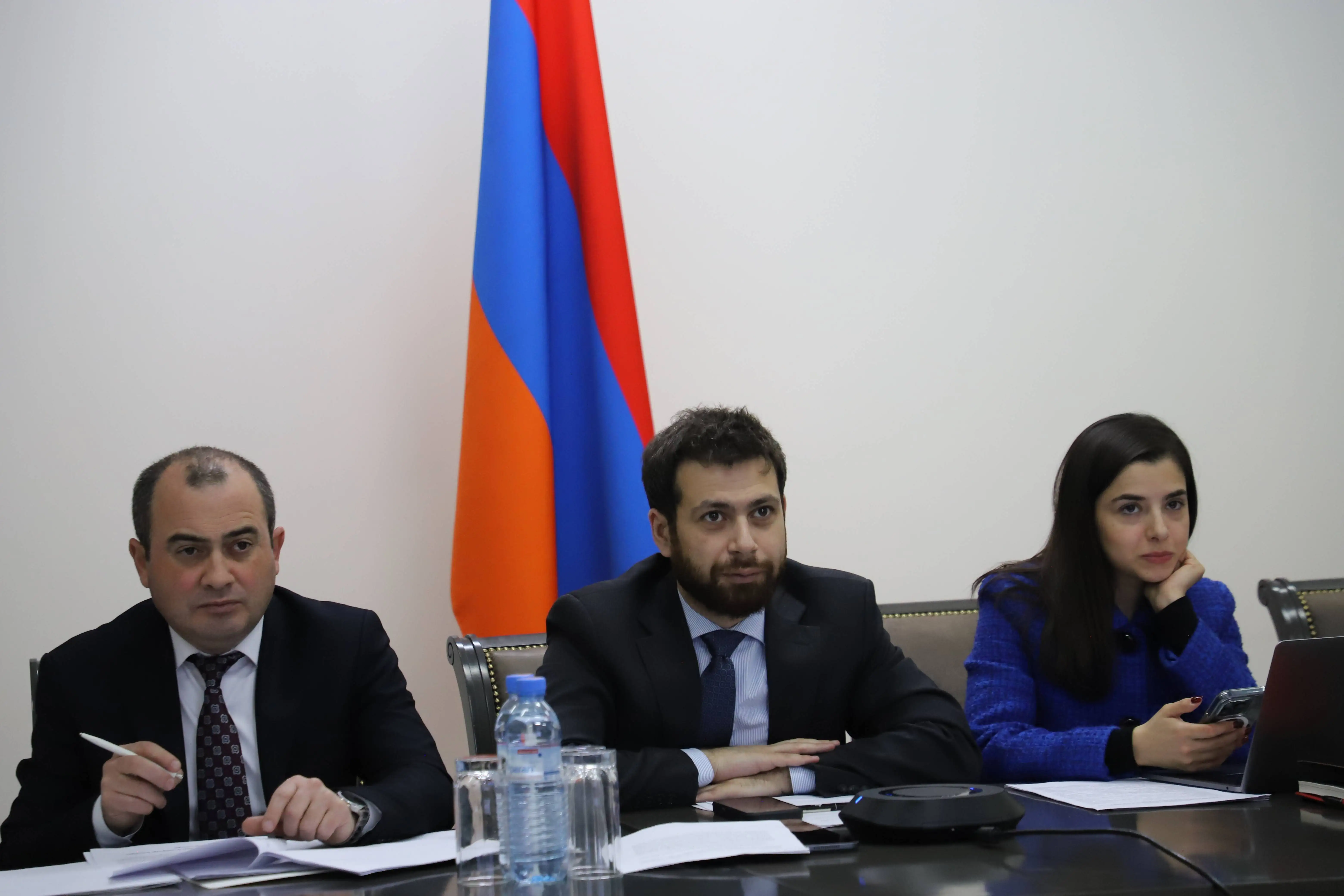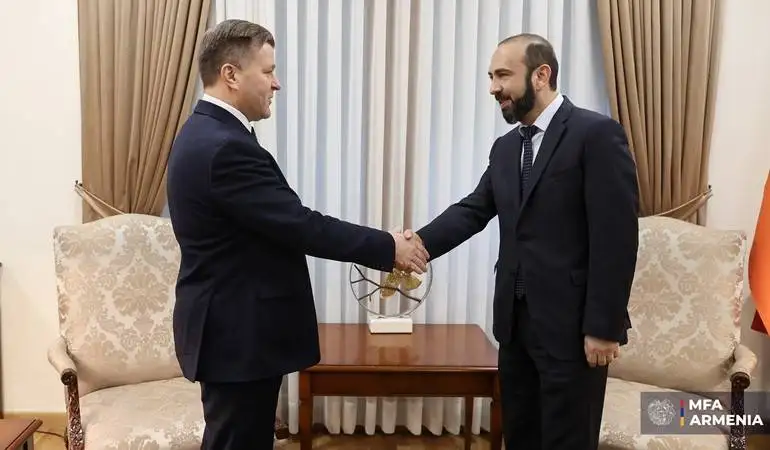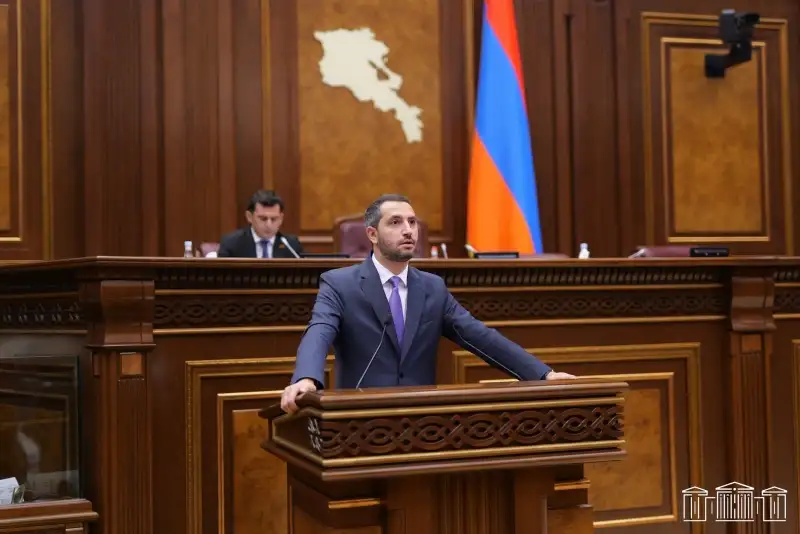Radar Armenia's interlocutor is political scientist, head of the "Democratic Alternative" party Suren Surenyants.
- How will you interpret the quadrilateral meetings in Prague, the Pashinyan-Erdogan meetings, and the statements that followed them?
- All those meetings and negotiations are crucial. First, let me refer to the four-way meeting between Pashinyan-Aliev-Macron-Michel. I value any negotiation more than the escescalation of the situation and military clashes. In that sense, I consider the negotiation positive. I also think it is positive that there is a specific agreement regarding the status quo, which is the basis of delimitation and demarcation. I am talking about the fact that the status quo of 1991 was taken as a basis. This gives hope that Armenia's territorial integrity and sovereignty will be preserved during the signing of the agreement. Now let me talk about the risks. First, it was noticeable that the withdrawal of the Azerbaijani troops from the occupied territories was not wasted. I consider this harmful because I think Azerbaijan's actions were not appreciated. It is unclear when and how de-occupation consequences will be eliminated.
The status quo of 1991 can cause a risk. Its elimination depends on how effective our diplomacy will be. We are talking about the issue of the so-called enclaves. Our diplomacy should try as much as possible to maintain the status quo regarding the enclaves. Another negative is that there is no mention of the Nagorno-Karabakh problem. This means there was no agreement on the mechanism proposed by the Armenian side, which assumed the Baku-Stepanakert dialogue, which Aliyev also openly stated. Unfortunately, in this case, Baku's agenda was dominant.
- What role can the EU civil mission play in the work of regulating Armenian-Azerbaijani relations?
- As for the European civilian mission, I am not particularly optimistic about it because it was accepted by Armenia, which was partially taken or, one could say, practically not accepted by Azerbaijan. It is unclear what role the EU civilian mission can play in the end. In my profound conviction, this was done to save Macron's face as a mediator. And it is also essential to how the observation mission should harmonize its activities with the Russian side because yesterday, Zakharova also hinted at their proposals. And I will not reveal a secret that the Russian Federation plays a vital role in the delimitation and demarcation process because the maps are stored in Russia.
- The participants of the meeting issued a joint statement, talking about the work of the commissions on border demarcation issues and that the next session of those commissions will be held in Brussels by the end of October. How to understand this? Does the West accept Russia's commitment in matters of border demarcation?
- I see such a trend, but I don't consider it realistic because Russia has a lot of leverage on the ground in this matter. After all, the necessary maps are kept in its headquarters. It may be from the West, but I am skeptical about it. Continuing the topic of the quadrilateral meetings, it should also be noted that no solutions and agreements were reached regarding the de-blockade of the territories.
- You talked about the statements of the representative of the Russian Foreign Ministry. In the context of these meetings, will Russia cede the moderator role of Armenian-Azerbaijani relations to the West? The Russian Federation did not accept European activity regarding the peace agreement.
- Here, my main concern is that we are gaining the participation of competitive mediation platforms, which, unfortunately, will increase the risks. Yes, yesterday, Russia made it very clear that it does not consider Western mediation effective or balanced. Moreover, I should say that the Russian Federation has proposed comprehensive solutions to the conflicting parties. I fear there will be competition between mediation platforms, which does not imply positive consequences.
- What do you say about the Pashinyan-Erdogan meeting?
- It was a crucial meeting because Turkey, along with Russia, is one of the security architects in our region or the architects of today's status quo. Naturally, this dialogue is critical. On the one hand, it reduces the risks of war; on the other hand, it increases the possibilities of Armenia's foreign policy and promotes the subjectivity of Armenia. Another issue is that we should not expect significant progress in Armenian-Turkish relations until the Armenian-Azerbaijani links are settled, which was also stated by Erdogan in a straightforward text.
Hayk Magoyan




















